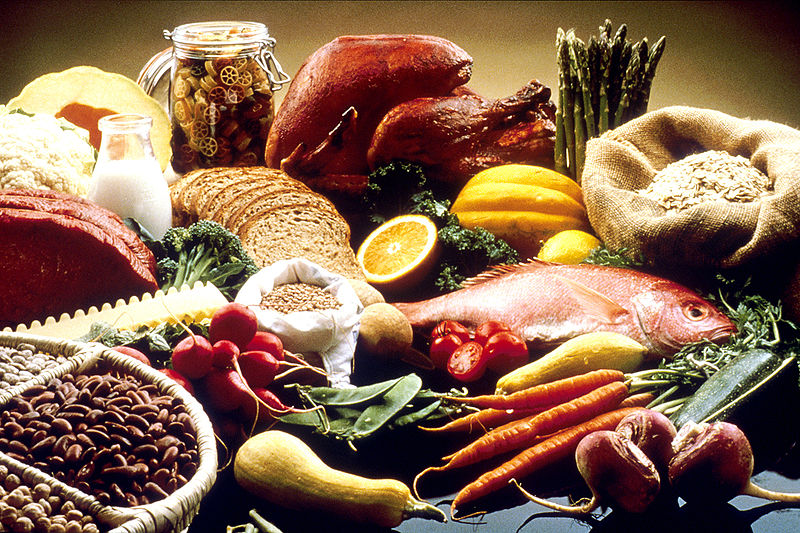People wanting a health boost should consider macadamia nuts grown in New Zealand as an option.
A preliminary analysis of Torere Macadamias nuts, grown in the Eastern Bay of Plenty, have shown they have promising concentrations of three key nutrients – vitamin C, vitamin B6 and selenium – more than macadamias compared in this project that were grown overseas.
The analysis also shows that the vitamin B6 found in Torere Macadamias nuts reached the concentration known to be good for a range of health benefits, including combatting tiredness and maintaining a healthy metabolism.
In addition to vitamin B6, several micro-nutrients are at concentrations shown to have positive health benefits, including a good source of manganese (for bone and joint health) and a source of magnesium (for bone and oral health, and for the brain and nervous system) and dietary fibre (for digestive health). Torere Macadamias nuts were also found to be low in sodium and cholesterol, and free from trans fatty acids.
The analysis of six varieties of Torere Macadamias nuts, funded by the High-Value Nutrition National Science (HVN) Challenge, was conducted for inclusion in the New Zealand Food Composition Database, managed by Plant & Food Research and jointly owned by the Ministry of Health.
“Knowing what nutrients are at dietary significant quantities in foods allows consumers to choose a diet personalised to meet the criteria of importance to them,” says Dr Carolyn Lister from Plant & Food Research.
“Having high concentrations of nutrients known to be good for health also allows companies to highlight these nutrients in the marketing of their products, giving them way to stand out against competitors.”
Torere Macadamias will use the information to support expansion of their product range, and are planning to launch a new marketing campaign to maximise and highlight the high nutrient value of their macadamias in early 2023.
“Torere Macadamias nuts are reputably the biggest and best tasting in the world, and knowing more about them is useful for both consumers looking for healthy choices and for growers looking to potentially incorporate macadamias into their own orchards,” says Vanessa Hayes from Torere Macadamias.
“This analysis of six of our best performing varieties, based on thirty years of research trials, provides validation for these varieties being the base of New Zealand’s macadamia industry’s future growth, with an aim of 1,000 hectares by 2029.”
Joanne Todd, Director of the High-Value Nutrition National Science Challenge, says:
“It was important to HVN to fund this work and support an emerging industry in New Zealand.” says Joanne Todd, Director of the High-Value Nutrition National Science Challenge “The research has the potential to give New Zealand-grown macadamia a competitive advantage.”
Torere Macadamias are also contributors to He Rourou Whai Painga, a study funded by HVN to show that eating a pattern of high quality, predominantly New Zealand-produced food and beverages offers health benefits to consumers and their families.
Source: Plant & Food Research












